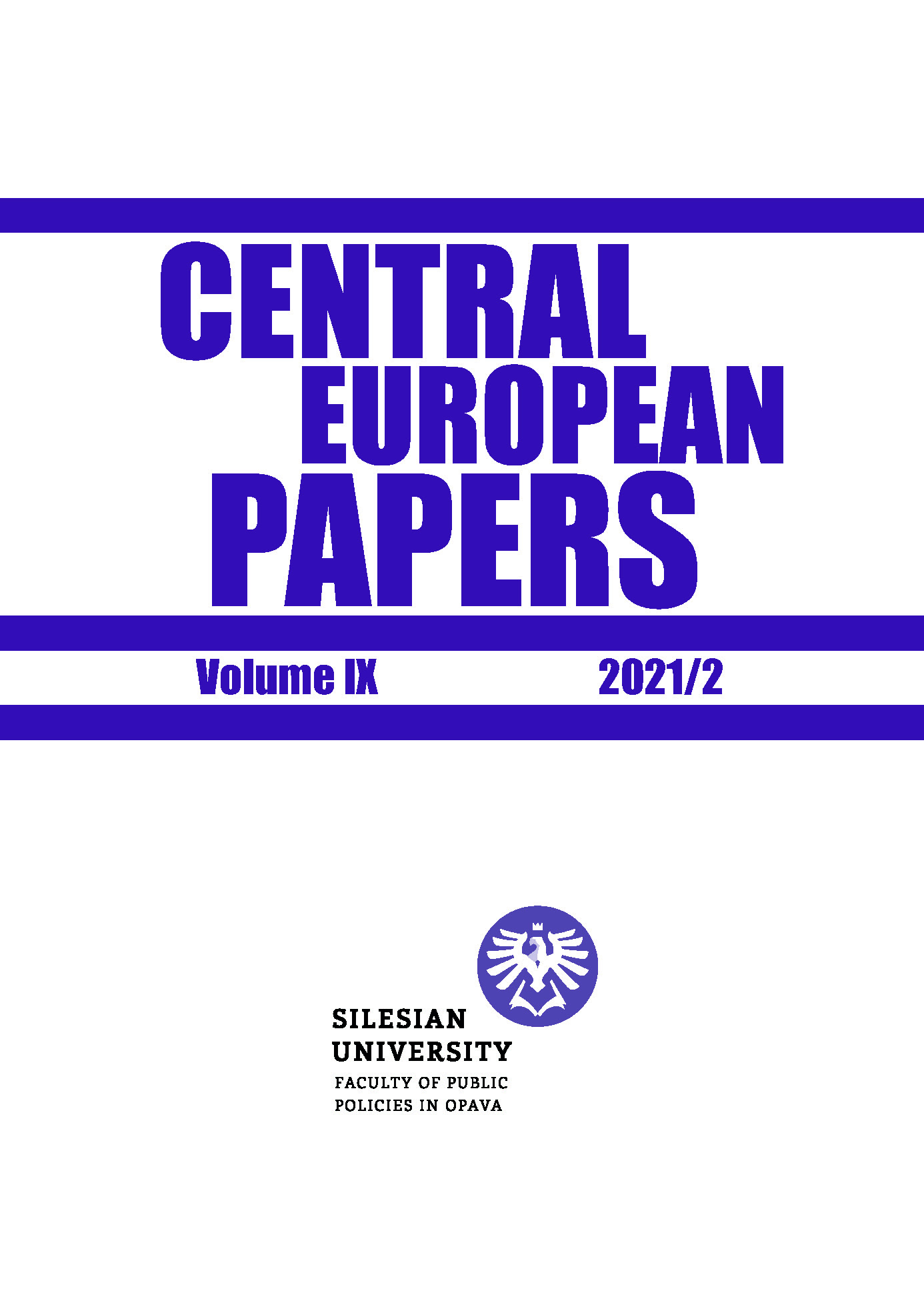Hate crime elimination instruments in Hungary
Hate crime elimination instruments in Hungary
Author(s): Matúš VyrostkoSubject(s): Politics / Political Sciences, Public Administration, Public Law
Published by: Slezská univerzita v Opavě, Fakulta veřejných politik
Keywords: extremism; hate crime; Hungary; criminal law
Summary/Abstract: Extremism is an undesirable anti-social phenomenon, belief or behavior that most societies naturally try to eliminate, or at least mitigate its negative effects. The horrors of the Second World War significantly contributed to the understanding of the seriousness of the radicalization of society, which can lead to the targeted murder of groups of the population on the basis of nationality, race, religious beliefs, or sexual orientation, etc.The aim of the article is to evaluate the relevance of legal measures against extremism and to point out the current problem areas of the fight against extremism in Hungary on the basis of a brief analysis of the Hungarian Criminal Code and the currently identified number of hate speech and hate acts in Hungary. In the parts of the article we refer to the comparison with the Criminal Code no. 300/2005 as amended (Criminal Code of the Slovak Republic). To meet the goal of the article, we use mainly qualitative scientific methods of deduction, induction, analysis, synthesis and comparison.
Journal: Central European Papers
- Issue Year: 9/2021
- Issue No: 2
- Page Range: 81-90
- Page Count: 10
- Language: English

